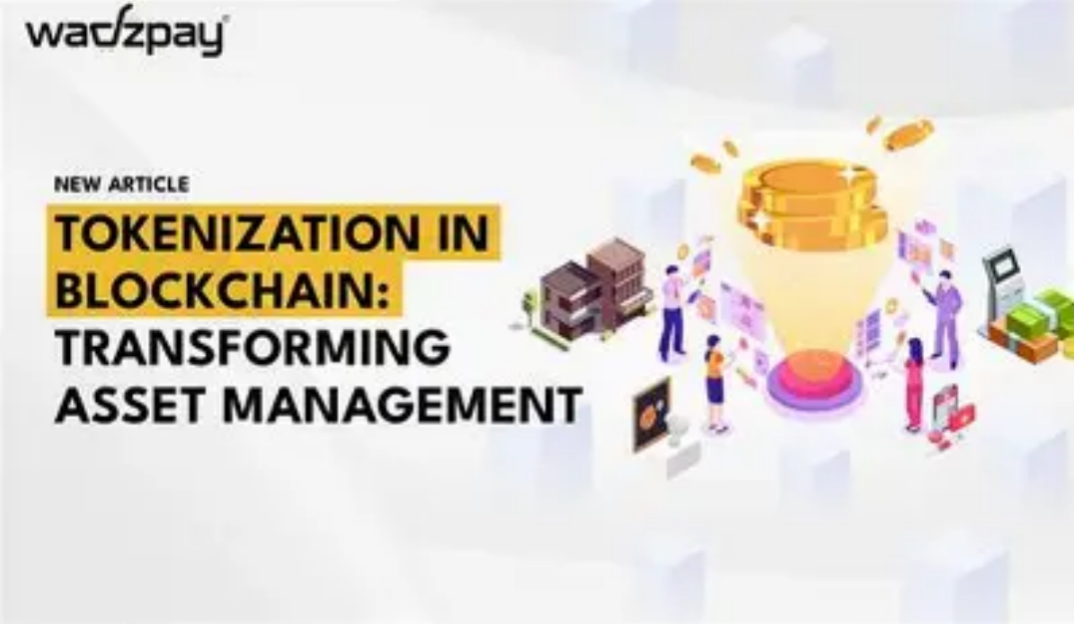For wealthy individuals, blockchain has evolved from being a mere trend linked to digital currencies to a revolutionary tool that is changing the way they oversee assets, access unique investment opportunities, and safeguard their financial future. Many fail to recognize that the fundamental qualities of blockchain—such as transparency, security, and decentralization—effectively address particular challenges faced by high-net-worth individuals, from simplifying complicated transactions to creating new investment possibilities.

Consider asset tokenization as an illustration: blockchain technology enables wealthy individuals to divide luxury items, such as fine art or private equity investments, into smaller tokens, making it easier to trade previously illiquid assets. This approach enhances liquidity, allowing someone to sell a 10% interest in a unique painting without needing to sell the entire work. Moreover, it broadens investment options among reliable networks. Furthermore, blockchain improves international money transfers by bypassing the usual banking delays and extra charges, ensuring that money reaches global accounts or family members in just days instead of weeks, all while keeping unchangeable records of transactions for regulatory purposes.
Transforming Private Asset Tokenization
Affluent individuals often possess illiquid assets, like luxury properties, high-end art, or private equity investments. The technology of tokenization in blockchain allows these assets to be divided into smaller, tradable units, overcoming the usual barriers to liquidity. For instance, a vineyard valued at $10 million can be tokenized into smaller shares, enabling partial sales to finance a new project or spread investments without fully selling off the property. This advancement also provides access to exclusive tokenized funds, which might focus on rare items or sustainable projects, where formerly, minimum investments were unapproachable. Tokenization not only increases flexibility but also improves transparency, as every change in ownership is logged on an unchangeable ledger, which lowers the chance of fraud.

Simplifying International Wealth Management
Affluent families often navigate asset management across different countries, dealing with delays, high charges, and regulatory challenges posed by conventional banks. Cross-border transactions powered by blockchain remove intermediaries, shortening settlement times from days to mere minutes and reducing costs. In addition to payments, blockchain simplifies global investment management: smart contracts can handle actions such as dividend payments or tax deductions automatically across various regions, ensuring adherence to regulations without manual work. For example, a family with investments in London, Singapore, and New York can utilize a blockchain platform to monitor real-time asset values, track transactions, and modify their portfolios—all from a single secure interface. This increased efficiency allows families to devote time to strategic planning rather than administrative duties.

Strengthening Legacy and Risk Management
To preserve wealth for future generations, strong security and clear ownership frameworks are vital—areas where blockchain truly shines. Unlike traditional wills or trusts made on paper, blockchain estate plans maintain ownership records on a secure ledger, mitigating disputes over assets such as family businesses or luxury items. Moreover, blockchain facilitates “self-executing” legacy plans: smart contracts can automatically pass on assets to heirs once specific requirements (like reaching a certain age) are fulfilled, streamlining the often lengthy probate procedures. For wealthy individuals worried about cyber threats, the decentralized feature of blockchain significantly lowers the risk of data leaks, as confidential financial details are not concentrated in a single, vulnerable location.
Ultimately, the role of blockchain in wealth management for the affluent is about empowerment. It's not merely about embracing new technology—it’s about utilizing a tool that provides greater control over wealth, opens up exclusive opportunities, and secures a legacy with unmatched efficiency and safety.

Max Credit Card Benefits: A Guide for Big Spenders

2025 Investment Outlook: Emerging Industries & Markets

AI-Powered Financial Advice: Benefits and Drawbacks

Side Income Tax: Declare or Risk Consequences?

Do you really know how you should choose a fund team?

Why you always lose money when buying wealth management products

The Impact of Global Crises on Financial Markets: Current Trends and Future Predictions
